Lists



3 Books
Favourite Books
Sort by:
Recent Desc
More lists by J. Evlan (KJ)



Finished.
Watched every episode.
May 2021
0
@EvlanThings
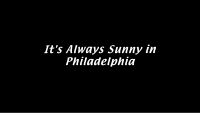


Series to start
List includes: It's Always Sunny in Philadelphia, The Tudors, Hannibal
May 2021
0
@EvlanThings
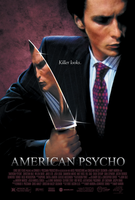

Watched it, don't remember well.
Things I know I've seen but barely remember. May or may not revisit.
May 2021
0
@EvlanThings

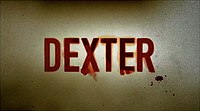

Need to catch up
I might be a season (or a few) behind
May 2021
1
@EvlanThings


I'm ashamed I haven't seen...
List includes: Firefly, It's Always Sunny in Philadelphia, Weeds
May 2021
0
@EvlanThings

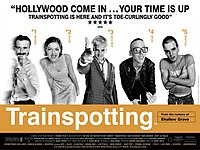

Movies I've seen for reasons?
Things that I've just watched for various reasons over the years, mixed opinions. Might have had to study it at school, or it was the only thing on back in the days of channel surfing on tv 😅 things I watched with my family or friends, movies I saw at the cinema because it was something to do idk just a loose watchlist until I move them onto better lists. Mixed opinions 🤷
January 2021
0
@EvlanThings

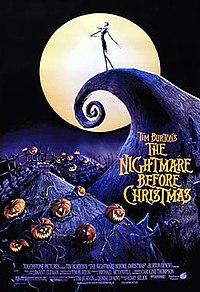

My Childhood Movies
List includes: Shrek, The Nightmare Before Christmas, Men in Black
January 2021
0
@EvlanThings


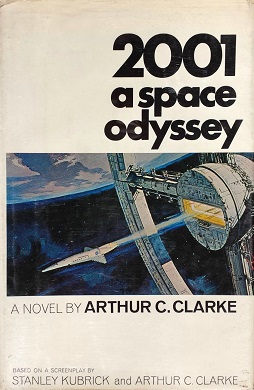
Lore Obsessions
Stories containing themes, characters, worlds, or whole universes that I can't get enough of. Various obsessions over the years. If it's on this list, my head is filled with it's lore 💕 (Some items on the list, I may not feel the same as I used to about them. But that doesn't erase the amount of space the lore in my head lol 😂)
January 2021
0
@EvlanThings



Absolute Favourites
These are all my favourites for very different reasons. Whether they're amazing films to me, or they have sentimental value to me, these are my favourite films of all time.
January 2021
0
@EvlanThings